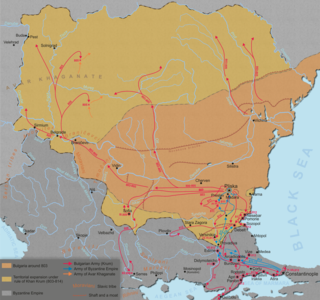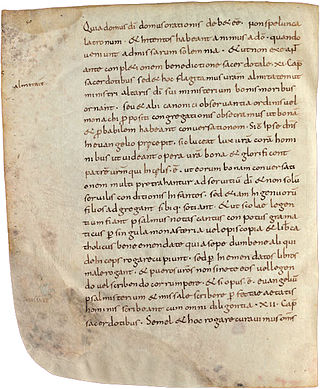The 800s decade ran from January 1, 800, to December 31, 809.
The 810s decade ran from January 1, 810, to December 31, 819.
The 830s decade ran from January 1, 830, to December 31, 839.
The 790s decade ran from January 1, 790, to December 31, 799.
The 780s decade ran from January 1, 780, to December 31, 789.
The 770s decade ran from January 1, 770, to December 31, 779.
The 760s decade ran from January 1, 760, to December 31, 769.
The 720s decade ran from January 1, 720, to December 31, 729.

Year 710 (DCCX) was a common year starting on Wednesday of the Julian calendar. The denomination 710 for this year has been used since the early medieval period, when the Anno Domini calendar era became the prevalent method in Europe for naming years.

Year 787 (DCCLXXXVII) was a common year starting on Monday of the Julian calendar. The denomination 787 for this year has been used since the early medieval period, when the Anno Domini calendar era became the prevalent method in Europe for naming years.
The 660s decade ran from January 1, 660, to December 31, 669.

Year 774 (DCCLXXIV) was a common year starting on Saturday of the Julian calendar. The denomination 774 for this year has been used since the early medieval period, when the Anno Domini calendar era became the prevalent method in Europe for naming years.

Year 809 (DCCCIX) was a common year starting on Monday of the Julian calendar, the 809th year of the Common Era (CE) and Anno Domini (AD) designations, the 809th year of the 1st millennium, the 9th year of the 9th century, and the 10th and last year of the 800s decade.

Year 803 (DCCCIII) was a common year starting on Sunday of the Julian calendar.
Year 636 (DCXXXVI) was a leap year starting on Monday of the Julian calendar. The denomination 636 for this year has been used since the early medieval period, when the Anno Domini calendar era became the prevalent method in Europe for naming years.

Year 786 (DCCLXXXVI) was a common year starting on Sunday of the Julian calendar, the 786th year of the Common Era (CE) and Anno Domini (AD) designations, the 786th year of the 1st millennium, the 86th year of the 8th century, and the 7th year of the 780s decade. The denomination 786 for this year has been used since the early medieval period, when the Anno Domini calendar era became the prevalent method in Europe for naming years.

Year 789 (DCCLXXXIX) was a common year starting on Thursday of the Julian calendar. The denomination 789 for this year has been used since the early medieval period, when the Anno Domini calendar era became the prevalent method in Europe for naming years.

Year 839 (DCCCXXXIX) was a common year starting on Wednesday of the Julian calendar.

Ecgberht, also spelled Egbert, Ecgbert, Ecgbriht, Ecgbeorht, and Ecbert, was King of Wessex from 802 until his death in 839. His father was King Ealhmund of Kent. In the 780s, Ecgberht was forced into exile to Charlemagne's court in the Frankish Empire by the kings Offa of Mercia and Beorhtric of Wessex, but on Beorhtric's death in 802, Ecgberht returned and took the throne.
Æthelmund, an Anglo-Saxon noble, was Ealdorman of Hwicce in the late 8th and early 9th centuries. He was killed in 802 at the Battle of Kempsford by Ealdorman Weohstan and the levies of West Saxon Wiltshire.









